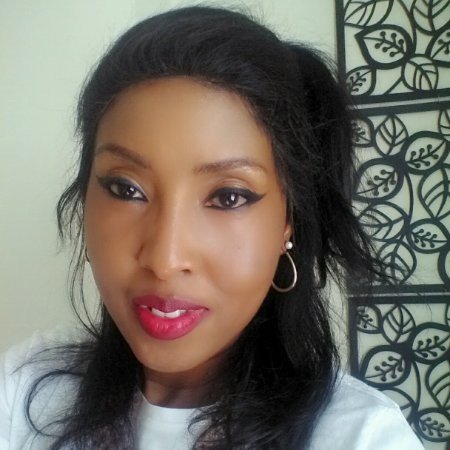Dyslexia is a learning disorder that affects the way individuals process written language. It is a common problem in Nigeria as everywhere else, and Dr Adrienne Tikolo is dismantling the barriers faced by Nigerians living with this condition through her non-profit, Dyslexia Nigeria.
Founded in 2019, Dyslexia Nigeria is a pioneering organisation dedicated to educating and empowering people with dyslexia. Led by Tikolo, this organisation is at the forefront of Dyslexia awareness in Nigeria. They aim to create an environment where individuals with dyslexia can live up to their fullest potential. They do this through various services, including dyslexia screening, diagnostic dyslexia assessments, teacher training, coaching, specialist tuition, access to relevant resources, and massive awareness.
A closer look at what dyslexia is
Dyslexia is not connected to intelligence but is a complex neurological condition affecting how the brain processes written language. Individuals with dyslexia often experience difficulties recognising and manipulating sounds in words, making it difficult to read fluently and correctly comprehend English. When a dyslexic person sees letters appear on a page, those letters may intertwine and jumble in their minds. To them, this frustrating experience feels almost like decoding a foreign language.
Many dyslexic people are creative or great at problem-solving because they see things differently. But writing words becomes a challenge.
UNESCO says between 10 and 15 per cent of people worldwide are dyslexic and do not possess age-appropriate reading skills. Despite its growing prevalence, society frequently overlooks the struggles of the dyslexic. Society ridicules, while ignorant parents mistake this condition as a deliberate act of academic laziness and unwillingness to learn on their children’s part.
Imagine how frustrating it is for a child to stare at a page filled with letters that refuse to align into coherent words. Each time a dyslexic person attempts to read aloud, the words dance and blur around in their head, making it difficult to read even the most straightforward sentences. This can be emotionally draining, causing them to feel inadequate, anxious, and misunderstood.
Research indicates that individuals with dyslexia often have a family history of the condition. Neurologically, studies reveal that the brains of individuals with dyslexia have structural and functional differences, particularly in reading and language processing areas.
Tikolo’s journey to becoming a dyslexia expert
Adrienne Tikolo is experienced in dyslexia-related matters. Through her organisation, she creates awareness, provides essential resources, and leads a community where dyslexia is recognised and embraced without ridicule. She is a seasoned educator with over 30 years of experience in education, research, administration, and management.
She holds a Certificate of Competence in Educational Testing, a Diploma in Dyslexia Support and a Certificate in Assessment and Access Arrangements from Middlesex University, UK. She is also a Board-Certified Cognitive Specialist and a member of the British Dyslexia Guild and British Psychological Society.
Social impact
In six years, her organisation has reached over 500 schools with awareness campaigns, helping more than 350 persons improve the quality of their lives. Its diagnostic assessments have helped many people identify their dyslexia and recommended remedies.
Many individuals have seen their lives transformed by Dr. Adrienne Tikolo’s work. Through Dyslexia in Nigeria, children who once struggled to read can understand themselves better. Adults who grew up with dyslexia, believing they were dull, now know how to handle the condition better in their personal and professional lives.
Additionally, the organisation has empowered more than 20 youths to become specialist dyslexia teachers and trained about 1,500 people to identify and support individuals with dyslexia in schools and the workplace.
Policy advocacy, inclusive education and post-COVID adaptation
The organisation pushes for policy changes that require the inclusion of special needs education in school curricula. The female doctor wants to ensure teachers are trained to recognize and support dyslexic students instead of ridiculing them in the classroom.
They also run community outreach programs to raise awareness about dyslexia through workshops, seminars, and public campaigns. This way, they get to educate parents, teachers, and society at large about the realities of dyslexia and the importance of early detection.
After COVID-19, Dyslexia Nigeria began making bold, deliberate and innovative moves towards Dyslexia awareness in Nigeria. This led them to partner with an Online Education Platform to include digital training in their awareness methods. They also launched a video mini-series and partnered with associations like the Association of International School Educators of Nigeria to reach more schools and parents.
Adrienne Tikolo intentionally amplifies this conversation to reach classrooms, boardrooms, and homes nationwide. She has always believed that education is not just about preparing children for the exams but about preparing them for the lives ahead of them and equipping them with the tools they need to navigate the world. Through Dyslexia Nigeria, she is determined to create a bright future for dyslexic people, particularly young Nigerian children.



